• Business owners, traders defy CBN, reject old N500, N1,000
• CBN silent on returned banknotes, warehoused cash
• Residual notes amount to drop in ocean, analysts insist
• NIBSS: ePayment recorded series of failed transactions in February
• HURIWA charges CBN to disburse old, new notes to banks
The silence of the Central Bank of Nigeria (CBN) on the trillions of naira it mopped from the financial system continues to cast doubt on the possibility of achieving sufficient naira circulation in the near term, after Monday night’s directive urging banks to comply with the Supreme Court ruling extending the validity of the old banknotes to December 31, 2023.
The statement came days after some banks had started issuing the old notes in their vaults. Some of the banks, Observation show that bank had exhausted the residual notes in their possession before the CBN directive – a reason majority have none to give as at yesterday when the regulatory directive took effect.
Insider sources disclosed that some bank chiefs used the Supreme Court ruling to release the ‘stranded’ cash in their possession, while they rejected deposits of same old notes.
“The issue was that some banks collected some deposits in old notes at the time CBN was not forthcoming with clear instructions on the proceeds. The court ruling provided an opportunity to dispose of the cash,” the source said.
The latest official statement of the apex bank on the issue vaguely said the old notes remained legal tenders alongside the new series. There was nothing in the statement that indicated how the bank intends to plug the hole to bring the situation to normalcy.
The CBN spokesperson, Dr. Isa Abdulmumin, was not forthcoming on the returned old notes and whether they would be re-issued in the meantime, as calls and messages were not attended to at press time.
Commercial banks, who have also been jolted by the recent bank failure in the United States, are mindful of a possible run on the banks as soon as substantial cash flows into the system. The lenders, it was learnt, are simulating different levels of scenarios of cash calls and strategising on how they could be prevented.
David Adonri, an economist and stockbroker, said the fear of bank run is real and that the only way it could be prevented is by issuing cash in excess of N3.2 trillion, the volume of currency in circulation before the naira redesign programme commenced.
“The way it is, whatever CBN issues going forward would amount to pouring water into a basket. People have suffered much, and they would go on a withdrawing spree, not to spend but to store in their houses. That would further hurt the circulation of whatever amount the banks give out,” Adonri noted.
A financial inclusion/wealth management expert, CEO of SD&D Capital Management Limited, Idakolo Gabriel Gbolade, said the naira crisis should not have reached an unbearable height before government’s intervention, adding that it is unthinkable for a democratically-elected government to watch its citizens suffer for months.
He explained that the scar of the crisis would be felt in the economy for a long time. “The state of the economy is worsening and is compounded by the delayed intervention towards implementing the Supreme Court’s ruling. The scarcity of new notes shouldn’t have reached an unbearable height before President Buhari and CBN’s response,” he stated.
DATA obtained from the Nigeria Inter-Bank Settlement System (NIBSS) indicates that the usage of e-payment gateways recorded a 41.29 per cent month-on-month increase. Cashless payment gateways were used 901.46 million times in February, up from 638 million in January.
Despite an increase in usage, the total value of cashless transactions fell in February, indicating that the number of failed transactions increased due to poor network infrastructure.
This is contrary to the expectation that the naira redesign policy will increase electronic transactions in the country.
Since 2020, NIBSS has not updated its efficiency platform portal, which displays the number of failed transitions and other data, making it difficult to report the number of failed transactions. As the major payment switch in the country, NIBSS records cashless transactions from the Nigeria Instant Payment System and Point of Sales terminals. In February, the total NIP (instant payments) fell to N36.79 trillion from N38.772 trillion in January.
Despite the scarcity of naira witnessed in February, data from NIBSS revealed that the value of PoS transactions grew from N807.16 billion in January to N883.45 billion in February.
Usage of mobile transfers, which serve as the primary payment gateway for many Nigerians, soared by 69.87 per cent from 108.14 million times in January to 183.69 million times in February.
While usage grew drastically, transaction value only grew marginally by 7.88 per cent from N2.37 trillion in January to N2.56 trillion in February. This mirrored the experience of many Nigerians in the month, who had to grapple with multiple failed mobile transactions.
MEANWHILE, it’s a slow compliance on the streets as business owners, traders and transporters in the Federal Capital Territory (FCT), yesterday, defied CBN’s directive hours after the apex bank’s announcement.
It was gathered that residents of Abuja were still rejecting the old notes. Salisu Mohammed, a trader in the UTC Area market, confirmed that he rejected the old notes.
“No one is collecting the old N500 and N1,000 notes as I speak to you. If other traders do not collect the money, do you expect me to do so? I have rejected some customers today who came buying with old currencies.
Civil rights advocacy group, Human Rights Writers Association of Nigeria (HURIWA), has slammed CBN over its tardiness and insensitivity to the plight of millions of Nigerians, whose lives have been strangulated economically in the last three months due to the naira redesign policy.
HURIWA, in a statement by its National Coordinator, Comrade Emmanuel Onwubiko, said beyond CBN’s reluctant compliance notice with the Supreme Court order of March 3, Emefiele should immediately release old and new naira notes into circulation to ease the suffering of ordinary Nigerians, especially those in the informal sector and in rural areas, who have no idea of digital banking.








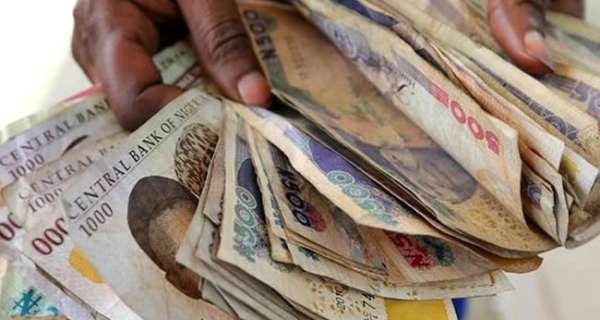


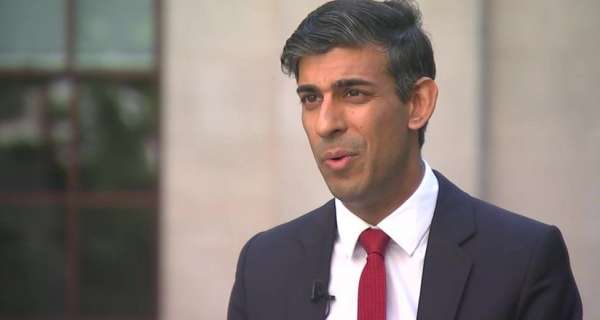








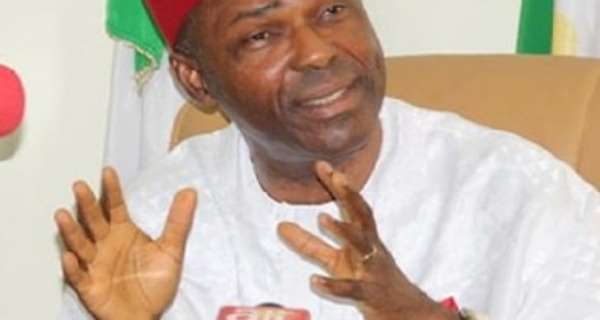

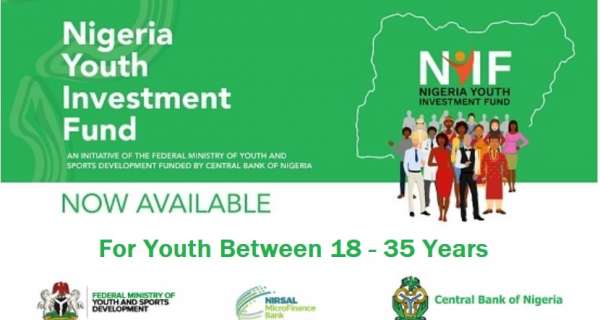












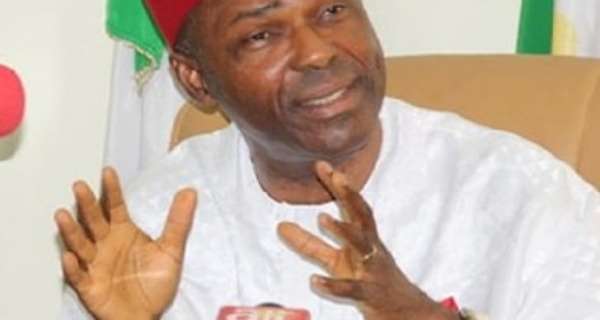
0 Comments